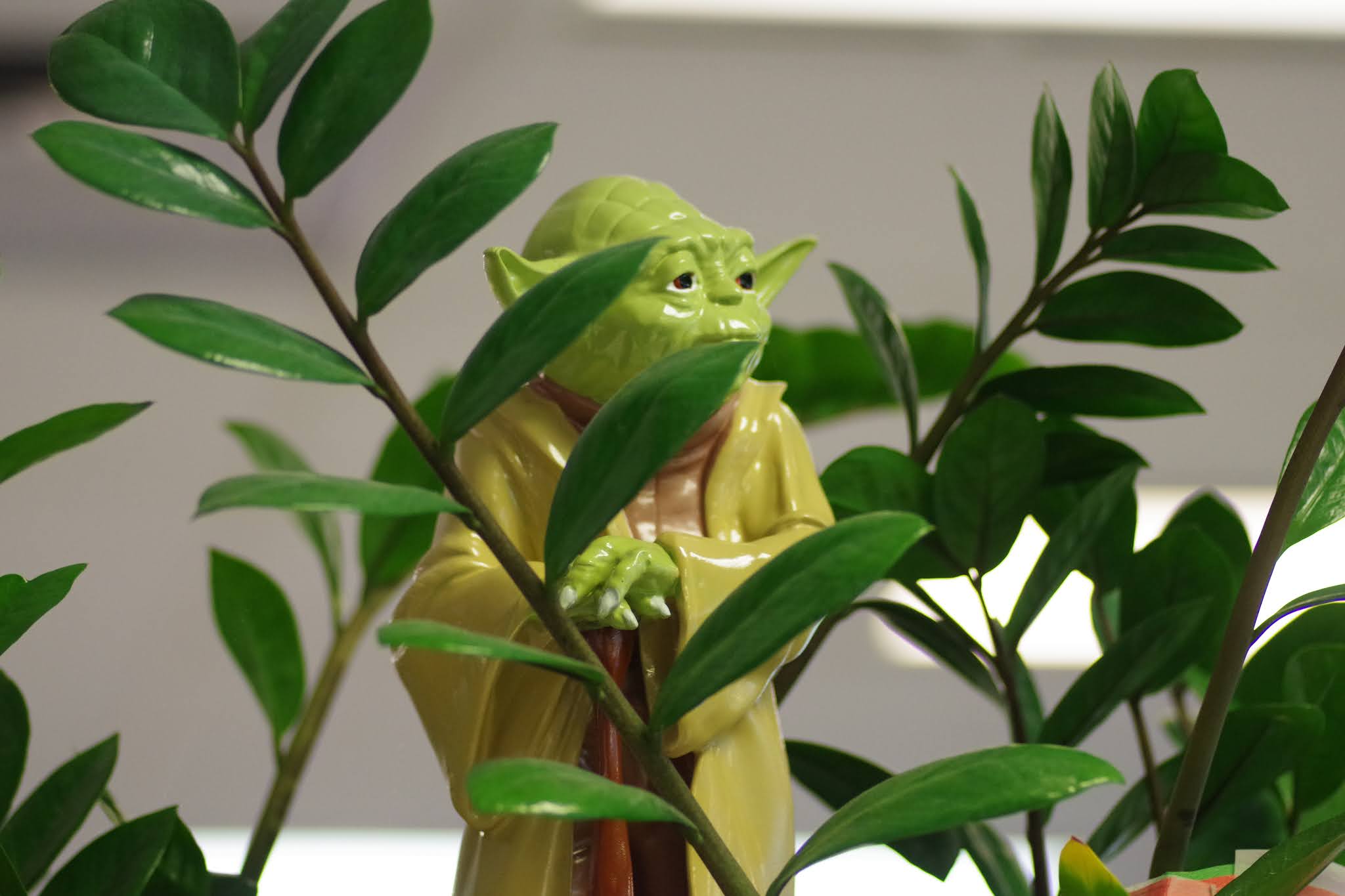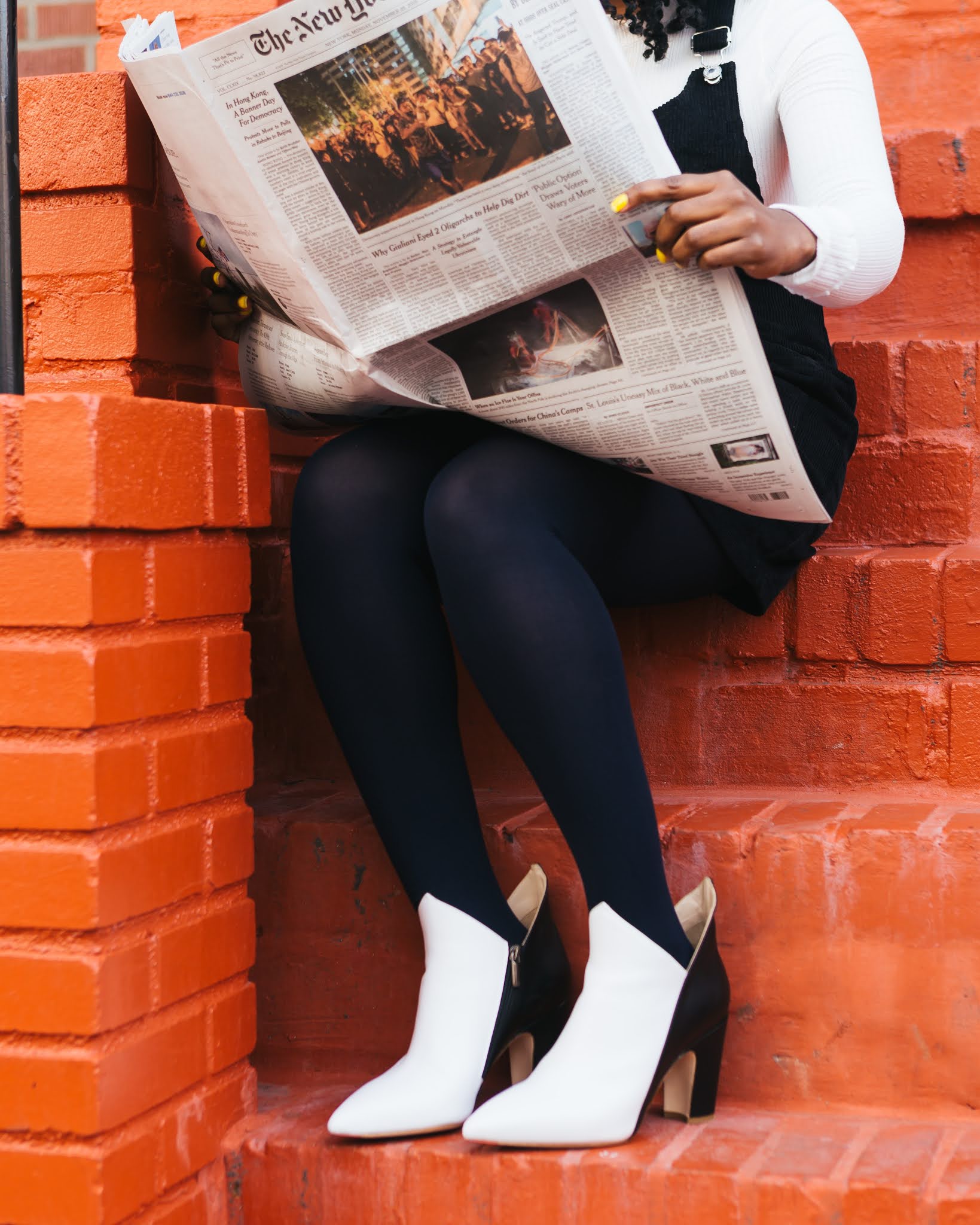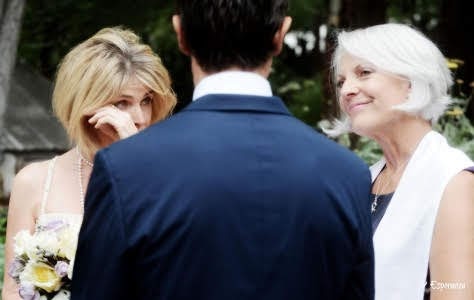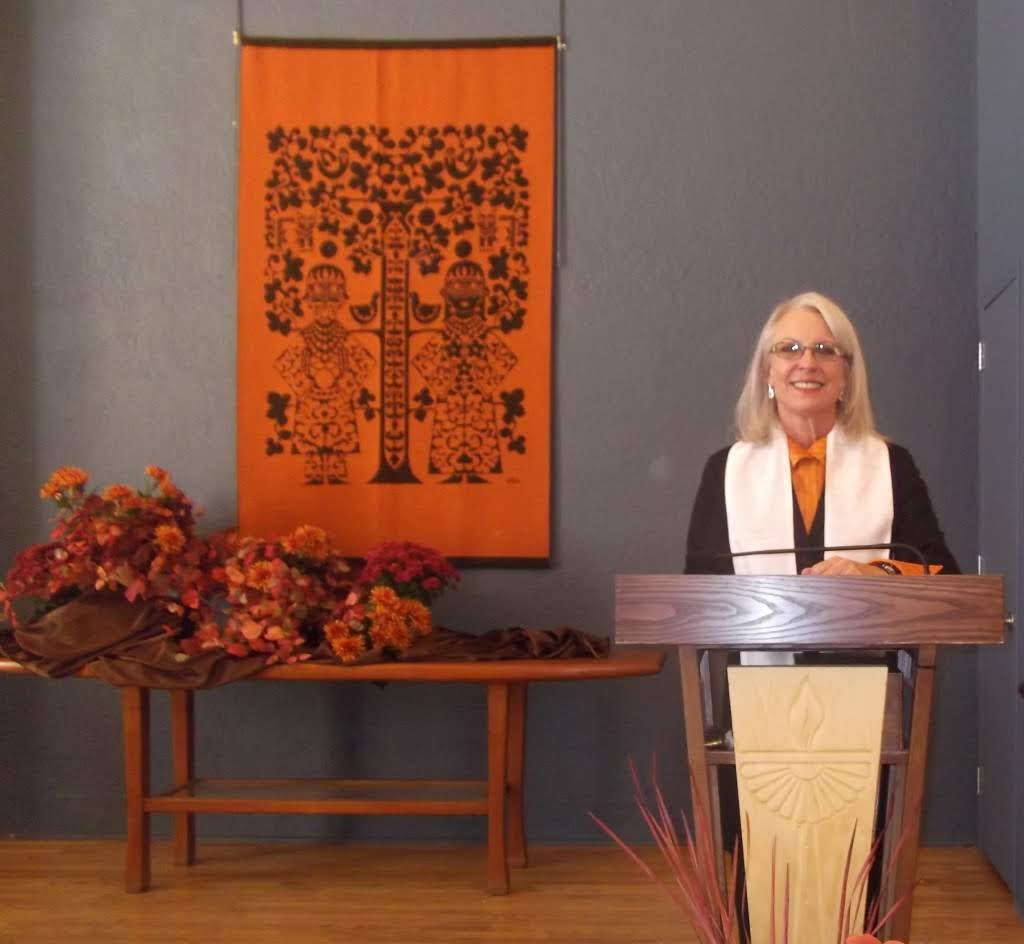My mortgage company sent me a “happy birthday” email on Saturday. “Celebrating You Is Important,” said the headline. “We couldn’t let your special day pass without celebrating this important occasion,” the text began.
In what universe does a mortgage company with whom I never chose to do business—my three-year-old mortgage was sold twice within months of my home purchase—“celebrate” my birthday? Who, exactly, is “celebrating” me? The CEO of M&T Bank? The staff? Was there an announcement, a cake, at some meeting they held in cyberspace to which I wasn’t invited? Was there an intoning of the names of all their customers whose birthdays fall on August 1?
In what marketing person’s mind was sending this email a good idea, one likely to engender tender feelings for this company?
There is something sick about the current state of our digital world. Yet it’s elusive, this sickness.
I’ve been thinking I need to go back and read all the 20th-century sci-fi greats again. Huxley, Heinlein, Asimov, Bradbury, Le Guin, Orwell. See if I can find the threads of prediction that will weave some sense out of what’s happening now.
 |
| Photo: Nadir Sygyzy |
I am 64 and a reader. I find that my Baby Boomer-brain still prefers words on a page to backlit words in a device. No matter how hard I try to make the transition, to use my Kindle or my laptop or even my phone as a book-reading device, for me the digital venue provides no visual connection to the word. In a real book, I can highlight, write in the margin, remember where on the page that passage was that I want to find again. I find reading fiction on the Kindle acceptable—a formulaic mystery novel I’m never going to want to refer to again, for example—but not nonfiction, not the books I read to inform and educate myself.
And I am fussy about my digital news reading, too. I read the New York Times online on my phone while I breakfast in the mornings. But the way the digital news is delivered controls what information I am exposed to. That is, with a “real” newspaper, I hold up the pages and headlines catch my eye. I would never choose the tab marked “sports” on the Times’ digital table of contents, but when leafing through a newspaper, I am quite likely to read something in the sports section, especially features, that grab my attention. And I find the way the Times is adding moving aspects to the news stories distracting, not enticing. The little rolling graphics drive me crazy; they interrupt my reading and comprehension, especially of long, deep think pieces.
Now radio news producers (National Public Radio and Public Radio International are the two I consume most frequently) have started adding music in the background of news stories and interviews. Again, I find this distracting—and manipulative as well. Music is powerful, and the choice of music against which one sets a program influences the way the listener hears and understands the information provided. Music turns fact into fantasy, news into drama. I find myself switching off those interview programs I’m listening to when I become aware of the musical background—which is often quite subtle, making it even more subliminal in effect. I sense that producers think adding music makes these programs more interesting or appealing in some way, and that they must “tell” listeners how the interview or news program should be affecting us. Here is some melancholy music to accompany a story about people dying in Sudan. Are you feeling it? Are you sad? That’s insulting.
 |
| Photo: The Creative Exchange |
I see all of this as an outgrowth not just of technology, but also of our cultural obsession with the TV shows we have come to call “reality TV.” I’m not talking about the earliest pseudo-documentary shows that later were dubbed “reality TV,” such as An American Family on PBS in the ‘70s. No, I’m thinking of The Bachelor, Survivor, Dancing with the Stars, The Biggest Loser, shows of that ilk.
This is the pablum our nation craves today, and I believe it’s made a significant contribution to our failure to exercise critical thinking skills, which has led us to the polarized political pickle we’re in now. If we can’t think, if we can’t reason, if we can’t have and identify our own feelings without having them served up to us on a digital platform—how can we find our way out of this mess? As far as I can tell, we don’t even have a map these days.
That’s it, really: we are no longer able to exercise critical thinking skills, especially when it comes to dealing with things like pandemics and morally bankrupt politicians and a sociopathic narcissistic president. (By the way, I highly recommend Mary Trump’s book. It’s astonishing, though not surprising.)
This inability to think critically is part of the reason why people are refusing to wear masks, why young people throw COVID parties, why people with household incomes of $150,000 a year had no savings going into this coronavirus recession. It’s why members of Congress sat in a hearing with a member who refused to wear a mask—and why, now, they’re having positive COVID test results. Why didn’t they simply tell him to put on a mask or leave the meeting? Why didn’t they leave the meeting and reconvene elsewhere? What were they thinking? I have to stay in this meeting and risk my life so I can serve the American people. If I leave it will look bad. This is as stupid as getting into a car with a drunk driver.
 |
| Photo: Cho |
We no longer have the ability to discern fantasy from reality, on television or in our very real lives. We cannot think things through, reason them out, add up the “pros” and “cons” and make sensible decisions. Or at least the percentage of us who can make sensible decisions is very, very small. We can’t learn from the facts unless someone interprets them for us—we’re getting Muzak instead of real music. (Yes, I know Muzak went out of business. Thank god.)
Where am I going with this? Is there a solution, or a hopeful conclusion I can draw?
Not really. Not today. Maybe tomorrow. All I know is that I really appreciated the phone calls and cards I got from real friends and family members for my birthday. The birthday email from M&T Bank belong in the trash, and not just the one down in the lower right-hand corner of the screen I’m looking at, but the real garbage, the stinky green bin in my garage with the dead bird and the coffee grounds and the used tissues in it.
I prefer the real thing, despite the stench and stickiness, to digital pablum.
Recently I learned a friend was giving away her beautiful collection of slip-cased classic books, from The Decameron to Huckleberry Finn to Faust. I shamelessly asked her to give the collection to me. Some would consider that insane in a time when physical books have become almost worthless on the open market. Even I, a “real” book maven, have given away at least half of my book collection over the past few years, mainly due to space issues and out of concern for my friend who has agreed to act as my Power of Attorney after my death.
 |
| Photo: Richard Sagredo |
But this collection represented to me the sum total of what critical thinking skills are all about. It represents the bulk of Western civilization’s oeuvre (not that they are the only valuable ideas out there, but they are valuable). And alas, I have not read most of them. Oh, I’ve got the essentials on many of them filed away in my head. One need not have read Faust, for example, to know what a “Faustian bargain” is. Yet I had this desperate yearning for something that may be contained in these beautiful, lovely-to-hold books. I felt that if I read them all, even if it took me a decade, surely they would help me understand this crazy world in which we live.
My friend gladly gave them to me. The boxes filled my car. I gave away a similar number from my existing book collection and replaced the spaces they left behind with the beautiful slip-cased books. I am now reading Moby Dick, or The Whale, as my first endeavor toward finding that knowledge.
 |
| Photo: Ed Robertson |
I cannot imagine reading this book on a tablet or phone or laptop. To do so would be anathema. It would be akin to—well, to my mortgage company sending me a birthday greeting by email.
I want more of the real in my life, not less. It’s like this: instead of meat substitutes made from plant materials, why not just eat real plants? in order to embrace the future, must we settle for facsimiles?
Do something real today. Go outside barefoot and stand on the earth. Cook something that doesn’t come in a box. Call someone you know on the phone instead of texting or emailing. Buy a real newspaper and read it.
Better still—read a book!
Oh, and happy birthday, whenever yours is. Really.


